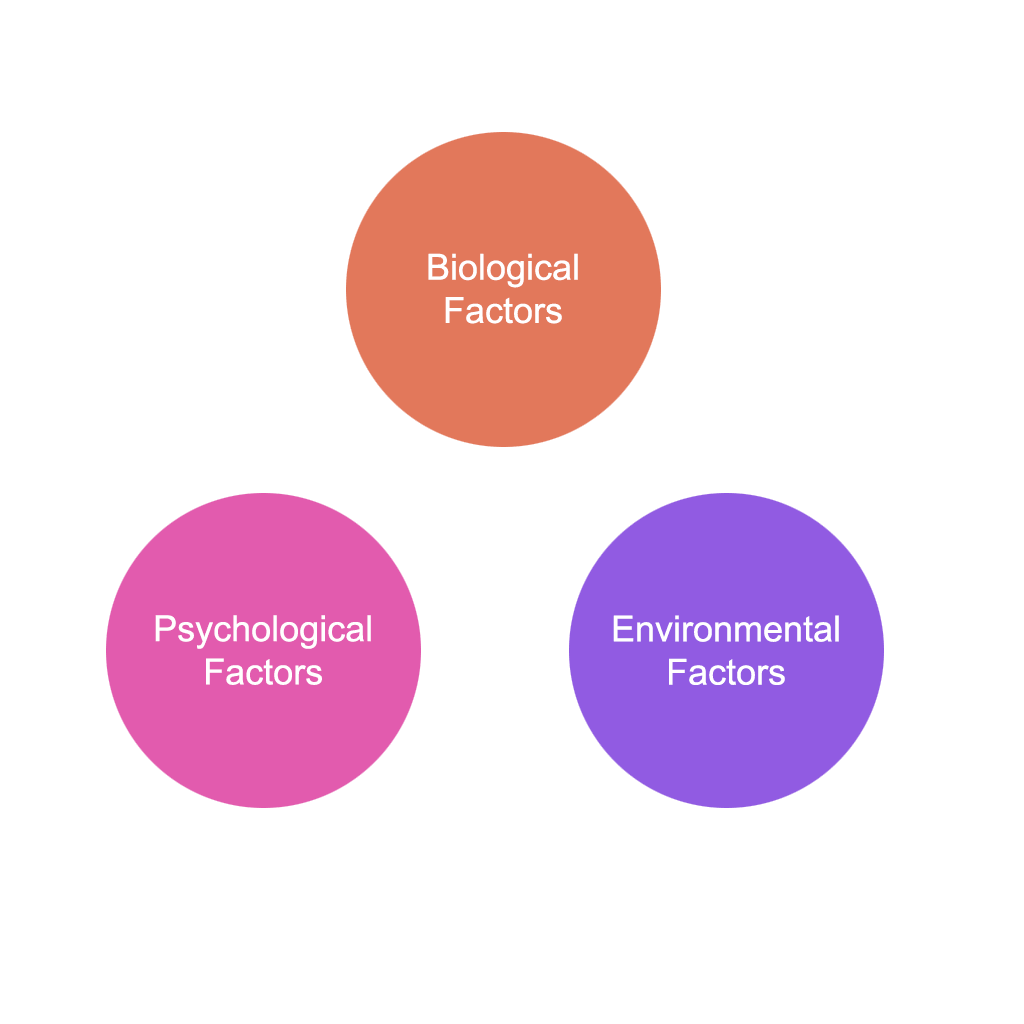Outline the role of psychological determinants of personality development.
The psychological determinants can be discussed under four heads:
- Intellectual,
- Emotional,
- Self-disclosure and
- Aspiration and achievements.
Intellectual Development
Intellectual development of an individual affects his capacity to adjust in society. Intellectually bright people have the capacity to make better personal and social adjustments. Such people are intelligent enough to understand the requirement of a situation, they are creative and adventurous, so they can understand the demands of a situation very well. They can control themselves better than people with average or low intelligence.
The only drawback with such people is they. The only drawback with such people is they may develop a superiority complex, become dominant, intolerant and thus, mix less with people and become aloof as well as fail to establish a relationship with average people. People with average intelligence are very often found to be better at forming relationships, they are simple and down-to-earth.
Emotional
Another psychological determinant are emotions. Emotions many-a-times become the predominant factor in influencing a person’s personality, if they are very strong. Emotional deprivation, emotional catharsis and emotional stress directly and indirectly affect personality development. It is also found that some people are naturally happy people, some have predominance of the emotion of jealousy, some get angry very soon, some are loving by nature, and their inherent emotions tend to influence their behaviour.
Too many difficulties in life make a person fearful, angry, envious, etc. If a person, especially children and old people, has been deprived of love, care, it leads to insecurity, depression. emotional outbursts, and adjustment problems.
Excessive love and affection is also not good. It makes children too demanding , dependent, self-centred, careless and incapable of adjusting in society. Being able to express emotions is very helpful in releasing mental stress and restoring homeostasis.
Self-disclosure
Self-disclosure refers to the expression of emotions. Too much of pent-up emotions leads to mental stress and the person may become alcoholic, resort to drug abuse, develop psychosomatic illnesses, etc. in order to get relief from the stress. But if a person expresses his emotions in a healthy way, it would help him maintain his mental balance. People with low self-esteem are normally not able to express themselves.
Aspirations and Achievements
Aspirations and achievements may play a positive as well as a negative role in influencing the behaviour pattern of a person. Achievements definitely make a person confident, cheerful, at ease with people, book his self-image and do wonders for his personality. But too much of it and too early may make him egoistic unable to mix with people and understand others problems.
Unrealistic aspirations may actually make a person delusional, unhappy, destroy his confidence a she will not be able to achieve the goal set. But sometimes, it provides relief to a person to have huge dreams and gives him hope for the future, thus influencing personality positively.



